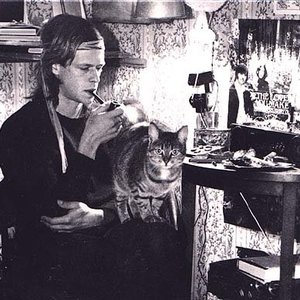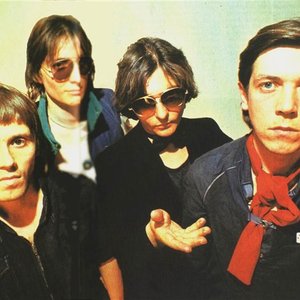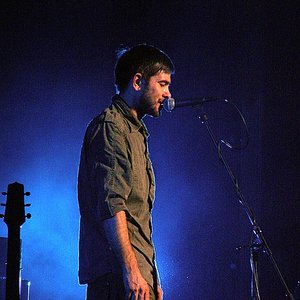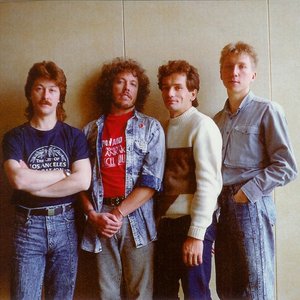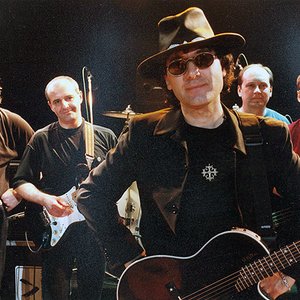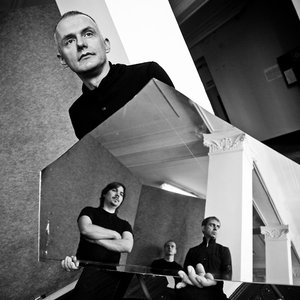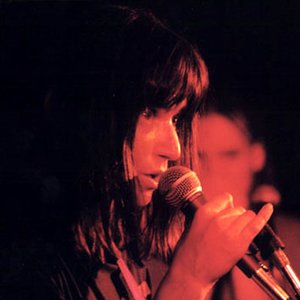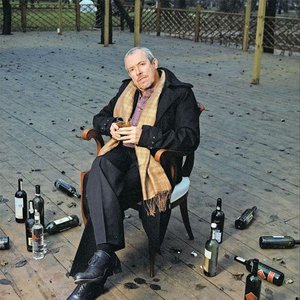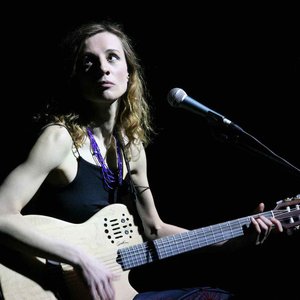Biography
-
Years Active
1972 – present (51 years)
-
Members
- Alexander Alexandrov
- Александр Александров (1976 – 1991)
- Александр Докшин (2002 – present)
- Александр Куссуль (1984 – 1986)
- Александр Ляпин (1972 – 1991)
Aquarium is one of the oldest Russian rock bands, founded in 1972 and led by singer/songwriter Boris Grebenschikov. Grebenschikov's music defies a singular genre and often incorporates folk rock, acoustic and reggae elements. Despite starting out as an underground Soviet band, Aquarium became very influential in the Russian rock movement and gained mainstream popularity in the 1980s.
The band was formed in Leningrad, Soviet Union in 1972 by Борис Гребенщиков (Boris Grebenshchikov), then a student of Applied Mathematics at Leningrad State University, and Анатолий Гуницкий (Anatoly "George" Gunitsky), a playwright and absurdist poet. In Soviet era, independent music was banned, so early Aquarium's concert venues were private apartments. These concerts were a unique Soviet phenomenon, created by underground musicians. They were usually "unplugged", as noise would cause the neighbors to alert the authorities. The limited space fostered an atmosphere of intimacy between the group and its audience, listening with bated breath, with perhaps someone recording it on a simple tape recorder. This was similar to the concepts of the Russian bards (russian bard), however Aquarium were (admittedly) much more influenced by Western music, particularly by The Beatles, Bob Dylan, David Bowie, progressive rock acts Jethro Tull, King Crimson and Roxy Music and also reggae. Thus their compositions were considerably more complex and their lyrics covered a broader range of topics, showing Grebenshchikov's notable erudition in Celtic and Indian cultures, among other things.
Until 1987 Aquarium recorded all of their albums in a self-assembled underground studio (several members had engineering education) disguised as a "Young Technicians Club" (for the album Радио Африка (Radio Africa) (1983) a government-owned mobile studio was secretly used, after bribing a technician). Despite those hard conditions, the recording quality was rather high and Aquarium's albums between 1980 and 1987 are considered by most fans as their best.
The advent of Glasnost in 1985 brought many underground Russian rock musician to public recognition and Aquarium became one of the most popular Russian bands. They were allowed to play in large concert halls, appeared on the state-owned television and recorded soundtracks for several films, most notably ASSA. In 1987 they recorded their first album for the state-owned Melodiya record label. With official backing and legalized distribution the album was a huge hit in USSR, selling well over a million copies within a few months. This was, however, the last album recorded by this Aquarium line-up and the band broke up shortly afterward. Grebenshchikov released two albums in English and toured with several different backing bands. In 1991 after the break-up of Soviet Union he released Русский Альбом (The Russian Album) under the name BG-Band, a collection of melancholic folk songs influenced by his travels all over Russia and demonstrating a return to his Russian roots. Shortly afterwards BG-Band was renamed Aquarium although most of the musicians were different. This band continued to release more albums and touring extensively all over former Soviet Union and Eastern Europe and also appearing before Russian immigrant communities in Germany, Israel and United States.
Although often criticized for departure from their original style and constant line-up changes which make Aquarium essentially a Grebenshchikov solo project, the group still enjoys huge success in Russia - their songs, old and new, get a lot of airplay, their albums sell well, and they tour constantly.
There is also a side project by Adam Young (Owl City) by the name Aquarium (which redirects to this page when scrobbled) from around 2003-5.
PureVolume account.
Genre: European Dance/Screamo
Three songs were released:
1. If the Trees Had Eyes They Would Be Glaring at You
2. M is for Motorcycle
3. I am Denmark
From Owl City Database: "Now Adam had a lot of “screaming” bands lol, but this one is by far the best. Aquarium is catchy and progressive. For example, “I am Denmark”, shows immense structure with a driving European dance undertone. By far one of Adam’s most original works."
Websites used for information: Adam Young's Music, Owl City Fandom, Owl-City Fandom, and Owl City Database.
All of the links in this section were saved in the Wayback Machine.
Artist descriptions on Last.fm are editable by everyone. Feel free to contribute!
All user-contributed text on this page is available under the Creative Commons Attribution-ShareAlike License; additional terms may apply.


